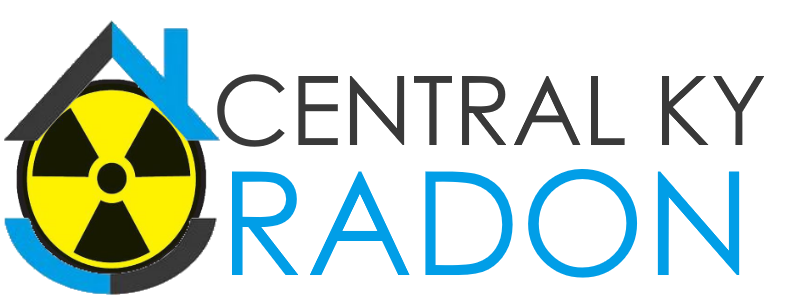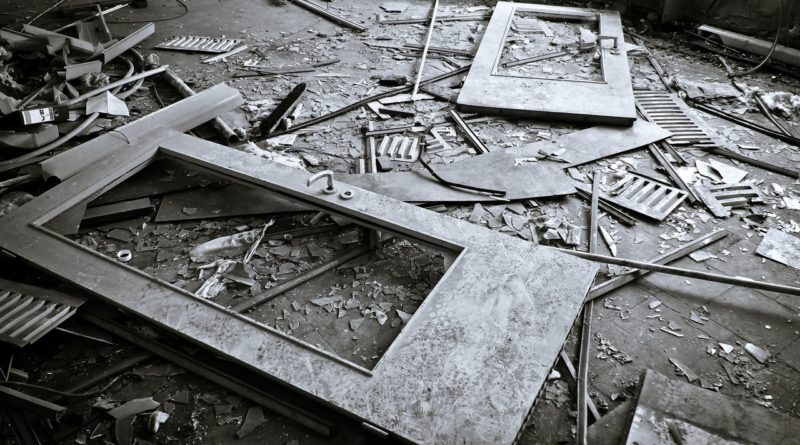Recently, earthquakes have been on the headlines of our news. Only a few weeks ago, a 8.1 magnitude earthquake in Mexico claimed many lives and brought much devastation. Lives can be saved when the public are made aware that an earthquake is coming, but earthquake early-detection technology has always been a point of difficulty.
Could radon levels be an early-indicator for an earthquake? Some scientists think so, and research is being done in countries such as Pakistan and Turkey to investigate the possible link between abnormal radon levels and earthquake activity.
A recent project in Pakistan found that “temporal investigation of radon concentration with respect to temperature, pressure and relative humidity suggests no significant correlation, which indicates that abnormal increase was not associated with the meteorological parameters but with precursory signals before earthquake events” (bold added).
Additionally, research in Turkey has also shown a correlation between radon concentration and earthquakes from studies in 2015. Using an Alphameter 611, ongoing radon measurements are being taken in three locations in Bursa, Turkey. Turkey has a cringe-worthy history with earthquakes, and with Istanbul being a city of 17 million inhabitants and sitting on a fault-line, research that can give a heads-up warning that an earthquake is coming could save millions of lives.
As of 2013, research started by Georges Charpak and continued by Vladmir Peskov was still ongoing into creating an inexpensive, wire-type radon detector that could be placed at numerous spots along a fault line. Besides proving that radon levels can be a warning sign of an earthquake, further technological advances into radon detectors that can be placed underground (and produced in large numbers with an inexpensive price tag) are necessary in order to take advantage of this potential earthquake indicator.
Unfortunately, the possibility of this earthquake warning system has been all but thrown out in the United States. Although research continues in countries like Pakistan and Turkey, monitoring of radon levels for study of correlation with earthquake activity in California has been discontinued. American scientists have been open about their skepticism of radon.
So, who is right? Is the research being done in Pakistan and Turkey a waste of time and resources, or is the United States missing a huge opportunity to save lives by implementing this research and technology?

